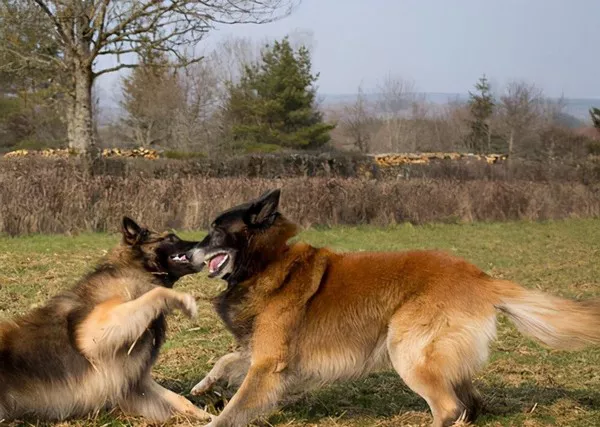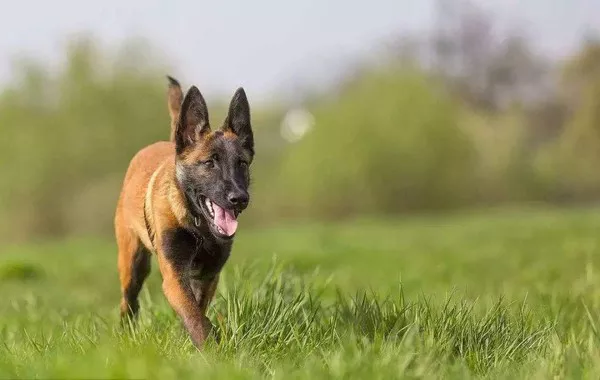Guinea pigs are small, gentle, and sociable creatures that make wonderful pets. However, due to their prey-animal nature, they are experts at hiding illness and distress until their condition is quite serious. As a responsible pet owner, recognizing the subtle signs of declining health or impending death in your guinea pig is crucial. This guide provides a comprehensive overview of the behavioral, physical, and environmental indicators that may suggest your guinea pig is dying, and what actions to take.
Understanding Guinea Pig Health and Behavior
Guinea pigs (Cavia porcellus) are social rodents with unique health requirements. Their average lifespan ranges from 5 to 7 years, though some may live longer with proper care. Like all animals, guinea pigs can suffer from a range of diseases and health problems, including respiratory infections, dental issues, digestive problems, and more. Since they often mask their symptoms, early detection is essential.
Healthy guinea pigs are alert, active, and vocal. They have a good appetite, glossy fur, and clear eyes. When something is wrong, their behavior and appearance will usually change subtly at first.
Common Signs a Guinea Pig is Dying
Lethargy and Unresponsiveness
One of the earliest and most concerning signs is lethargy. A guinea pig that is usually active but becomes unusually still, hides more than usual, or seems disinterested in its surroundings may be very ill. If the guinea pig is not responding to noises, movement, or food, it could be a critical sign.
Loss of Appetite and Weight Loss
Guinea pigs need to eat continuously to maintain gut motility. A sudden or gradual loss of appetite can lead to gastrointestinal stasis, which can be fatal. Notice if your guinea pig is avoiding its favorite foods, not drinking water, or losing weight.
Labored or Irregular Breathing
Respiratory issues are common in guinea pigs and can escalate quickly. Wheezing, clicking sounds when breathing, open-mouth breathing, or heavy, labored breaths are all signs that your pet needs immediate veterinary attention.
Change in Posture
A hunched posture, where the guinea pig appears to curl in on itself and remains stationary, is a common sign of pain or distress. They may also be reluctant to move or may lie on their side without attempting to rise.
Changes in Urination or Defecation
Difficulty urinating, diarrhea, or lack of feces can be signs of serious issues such as urinary tract infections, kidney problems, or gastrointestinal blockages. These symptoms warrant immediate concern.
Dull Eyes and Poor Coat Condition
Bright, clear eyes are a sign of good health. If your guinea pig’s eyes become dull, sunken, or crusty, and if the coat appears rough, patchy, or oily, this could be an indication of declining health.
Isolation from Other Guinea Pigs
Guinea pigs are social animals that typically enjoy the company of their cage mates. If one begins to isolate itself, avoid contact, or appears withdrawn, it may be unwell.
Seizures or Loss of Balance
Neurological symptoms such as seizures, head tilting, or unsteady walking can indicate a serious underlying problem, such as a brain infection or toxin ingestion.
Persistent Pain or Vocalization
Guinea pigs in pain may emit high-pitched squeals or grind their teeth audibly. Any persistent vocalization that deviates from normal behavior should be taken seriously.
Cold Extremities and Shallow Breathing
If your guinea pig’s ears, feet, or body feel unusually cold, and it is breathing shallowly, this may indicate the circulatory system is failing. This is often a sign that death may be imminent.
Steps to Take if You Suspect Your Guinea Pig is Dying
Seek Immediate Veterinary Attention
If you notice any of the symptoms above, contact an exotic animal veterinarian immediately. Many conditions can be managed if caught early.
Keep Your Guinea Pig Warm and Comfortable
Place your guinea pig in a warm, quiet environment away from drafts and loud noises. Use a soft blanket or towel to provide comfort.
Provide Fluids and Nutrition
If your guinea pig is not eating or drinking, it is crucial to provide fluids using a syringe and offer nutrient-rich foods like Critical Care (a product formulated for sick herbivores) under veterinary guidance.
Monitor and Record Symptoms
Keep a log of the symptoms, noting their onset, duration, and progression. This can help the veterinarian make a more accurate diagnosis.
Offer Gentle Support and Company
If your guinea pig has a bonded companion, allow supervised time together to avoid added stress. Your calm presence can also be reassuring to a sick guinea pig.
Prepare for End-of-Life Care
In cases where recovery is unlikely, discuss humane euthanasia options with your veterinarian. Saying goodbye is never easy, but ensuring a pain-free and dignified end is an act of kindness.
Common Causes of Death in Guinea Pigs
Understanding the common causes of death can aid in prevention and better care.
- Respiratory Infections: Often bacterial and rapidly progressing, symptoms include sneezing, coughing, and labored breathing.
- Malocclusion: Misaligned teeth can prevent eating, leading to starvation.
- Gastrointestinal Stasis: A life-threatening condition caused by lack of food intake or digestive movement.
- Urinary Tract Issues: Including bladder stones or infections.
- Heart Disease: Common in older guinea pigs.
- Tumors or Cancer: Rare but possible, particularly in senior guinea pigs.
- Heat Stroke: Guinea pigs are sensitive to high temperatures.
When It’s Time to Say Goodbye
Despite best efforts, some guinea pigs may not recover. Signs that death is imminent include:
- Complete lack of response to stimuli
- Limp body and slow heartbeat
- Labored, gasping breaths
- Closing of eyes and unawareness of surroundings
If your guinea pig is suffering and there is no hope of recovery, euthanasia by a licensed veterinarian is the most humane choice. It ensures a peaceful and pain-free passing.
Emotional Considerations and Grieving
Losing a pet is a deeply personal and emotional experience. Allow yourself and your family to grieve. Children may need extra support during this time. Creating a memorial, sharing memories, or even holding a small ceremony can help with closure.
If you have other guinea pigs, they may also grieve the loss. Monitor them closely for signs of depression or illness, and provide extra attention and enrichment.
Conclusion
Guinea pigs are delightful companions, and with attentive care, they can live happy, healthy lives. However, because they often conceal illness, it is essential to be vigilant and proactive. Recognizing the signs of serious illness and impending death can ensure that your guinea pig receives timely care and, if necessary, a compassionate end. While it can be heartbreaking to face a pet’s death, your awareness, love, and dedication make all the difference in your guinea pig’s quality of life.
Always consult with a veterinarian if you suspect your guinea pig is ill or in distress. Early intervention can sometimes reverse a decline, and even when it cannot, it allows you to provide the best care in your guinea pig’s final days.
Related Topics:






















